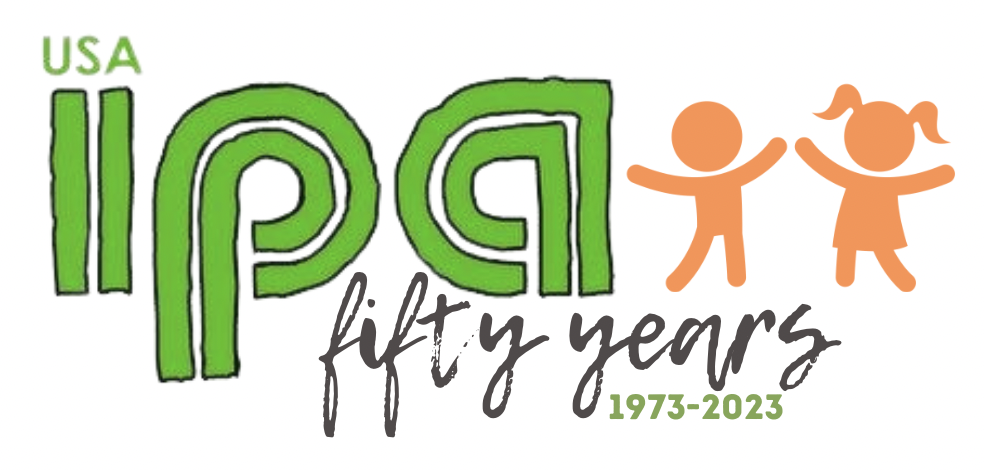Children are always watching and listening, but since protests for racial justice have spread across the globe, they’re witnessing, absorbing and internalizing possibly more than anyone knows.
A recent statement from the American Academy of Pediatrics says pediatricians states they are
“deeply concerned about the effects of racism on children. Even vicarious racism — secondhand racism witnessed through social media, conversations with friends or family, or media images — harms children’s health.”

Here are a few suggestions to get the conversation started:
- Silence is its own message. Don’t avoid conversations.
- Reflect on your own biases and uncomfortable feelings.
- Color is real. Don’t ignore or pretend it’s not there.
- Start talking about racism early in your child’s life.
- Read books together about racial equality and anti-racism.
- Listen to their questions and be honest with your answers.
- Realize this isn’t one conversation, but rather a series of many.
- Be a good example.
“For children and adolescents, of all ages, the most powerful communication strategy is role modeling,” says Dr. Paul Croarkin, a Mayo Clinic pediatric psychiatrist. “Parents and caregivers often underestimate how important their own behaviors and communications with others are versus direct communication with a child.”
From: MAYO CLINIC NEWS NETWORK (the Atlanta Journal Constitution, July 5, 2020)
